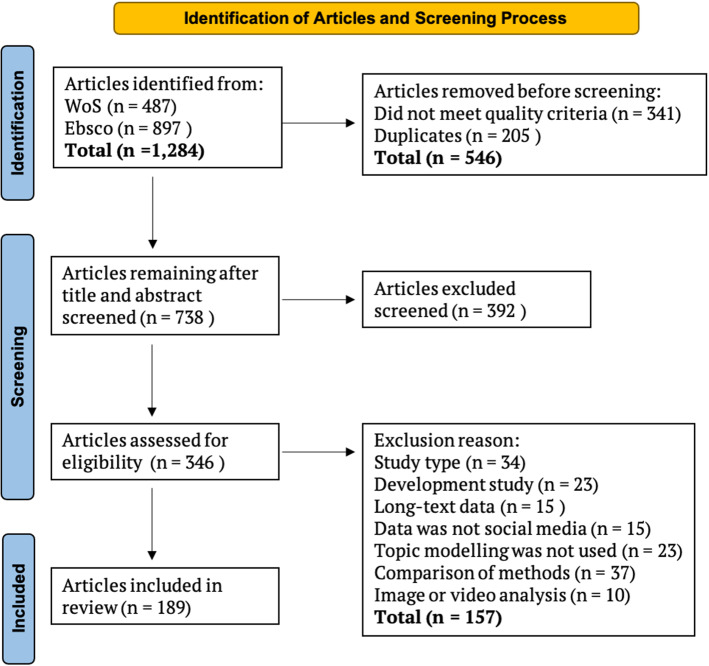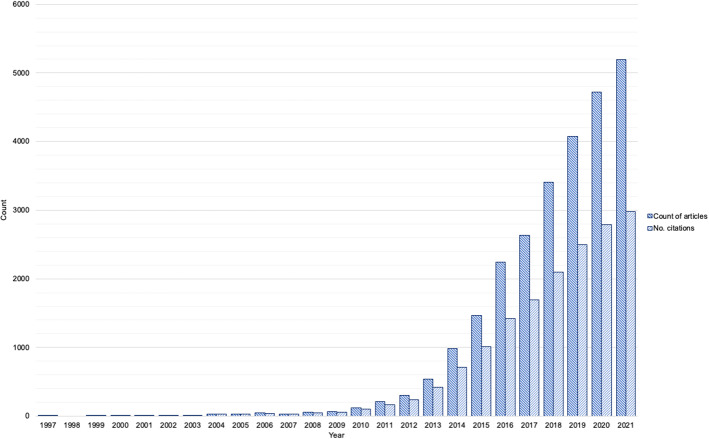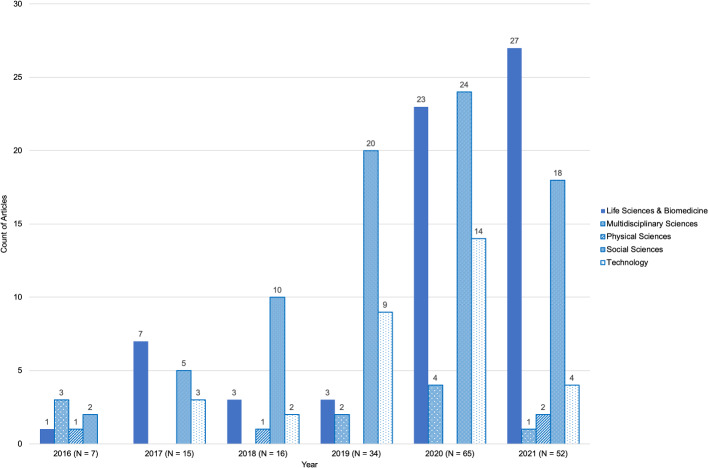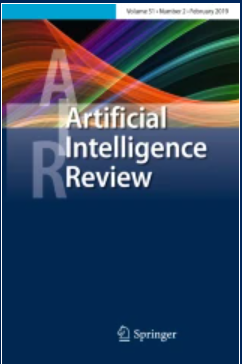A systematic review of the use of topic models for short text social media analysis
Abstract
Recently, research on short text topic models has addressed the challenges of social media datasets. These models are typically evaluated using automated measures. However, recent work suggests that these evaluation measures do not inform whether the topics produced can yield meaningful insights for those examining social media data. Efforts to address this issue, including gauging the alignment between automated and human evaluation tasks, are hampered by a lack of knowledge about how researchers use topic models. Further problems could arise if researchers do not construct topic models optimally or use them in a way that exceeds the models’ limitations. These scenarios threaten the validity of topic model development and the insights produced by researchers employing topic modelling as a methodology. However, there is currently a lack of information about how and why topic models are used in applied research. As such, we performed a systematic literature review of 189 articles where topic modelling was used for social media analysis to understand how and why topic models are used for social media analysis. Our results suggest that the development of topic models is not aligned with the needs of those who use them for social media analysis. We have found that researchers use topic models sub-optimally. There is a lack of methodological support for researchers to build and interpret topics. We offer a set of recommendations for topic model researchers to address these problems and bridge the gap between development and applied research on short text topic models.




 求助内容:
求助内容: 应助结果提醒方式:
应助结果提醒方式:


